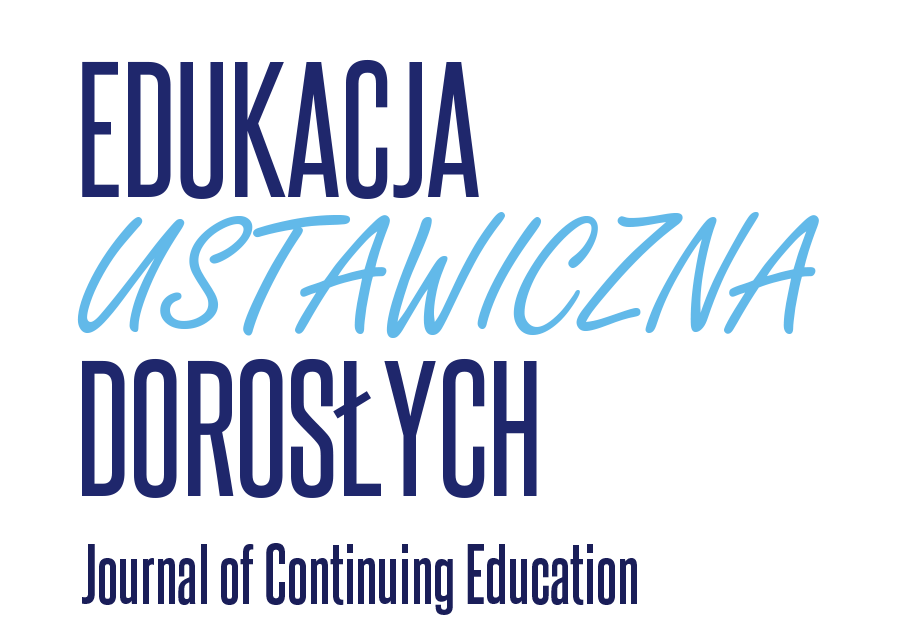Ibero-American higher education: its development in XX century and new challenges in the third decade of XXI century ![]()
Szkolnictwo wyższe iberoamerykańskie: jego rozwój w XX wieku i nowe wyzwania w trzeciej dekadzie XXI wieku
DOI: 10.34866/n8vf-n875
Elena Anatolievna Zhizhko
ORCID: 0000-0001-9680-8247
Gali-Aleksandra Beltrán
ORCID: 0000-0001-7186-332X
Słowa kluczowe: Iberoamerykańskie szkolnictwo wyższe, rozwój szkolnictwa wyższego w XX wieku i jego nowe wyzwania w trzeciej dekadzie XXI wieku, dokumenty wspierające szkolnictwo wyższe, wskaźniki szkolnictwa wyższego w krajach iberoamerykańskich.
Key words: Ibero-American higher education, the development of higher education in XX century and its new challenges in the third decade of XXI century, documents that support higher education, higher education indicators in Ibero-American countries.
Streszczenie: W artykule przedstawiono wyniki badań naukowo-pedagogicznych, które polegały na identyfikacji głównych cech procesu rozwoju iberoamerykańskiego szkolnictwa wyższego w XX wieku i nowych wyzwań stojących przed nim w trzeciej dekadzie XXI wieku, badając dokumenty, które je wspierają. Autorzy stwierdzili, że w okresie XX wieku – na początku XXI wieku iberoamerykańskie szkolnictwo wyższe charakteryzowało się wysokimi wymaganiami nowoczesnego społeczeństwa wiedzy; tworzeniem warunków, w których duża liczba osób może korzystać ze wszystkich wartości i osiągnięć krajowego szkolenia zawodowego; promowaniem mobilności i współpracy studentów i pracowników akademickich; wprowadzeniem ujednoliconego systemu punktów; współpracą krajowych organów zarządzających szkolnictwem wyższym z międzynarodowymi organizacjami edukacyjnymi. Nowe wyzwania w trzeciej dekadzie XXI wieku to: uznanie każdego poziomu edukacji za organiczną część systemu ustawicznej edukacji publicznej; dywersyfikacja i elastyczność oferty szkolnictwa wyższego, jej funkcjonalny charakter z mikrocertyfikatami; humanizacja nauczania, jego zróżnicowanie, demokratyzacja i indywidualizacja; interdyscyplinarna integracja i industrializacja edukacji, promocja wykorzystania ICT; wzrost aktywności intelektualnej w społeczeństwie wiedzy
Abstract: This article present the results of scientific-pedagogical research, which consisted in identifying the main characteristics of the process of Ibero-American higher education´s development in XX century and new challenges that stand before it in the third decade of XXI century, studying the documents that support it. Authors found that in XX century – beginning of the XXI century the Ibero-American higher education was characterized by high demands of modern knowledge society; creating conditions in which a large number of people can take advantage of all the values and achievements of the national professional training; promoting mobility and cooperation of students and academics; introduction of a unified system of credits; cooperation of national bodies governing higher education with international educational organizations. Its new challenges in the third decade of XXI century are: the recognition of each educational level as an organic part of the system of continuing public education; the diversification and flexibility of the higher education offer, its functional character with micro-certifications; the humanization of teaching, its differentiation, democratization and individualization; the interdisciplinary integration and industrialization of education, promotion of the ICT´s use; increase of intellectual activity in the knowledge society

